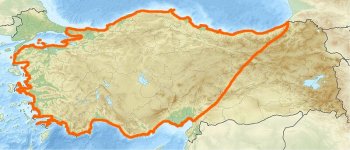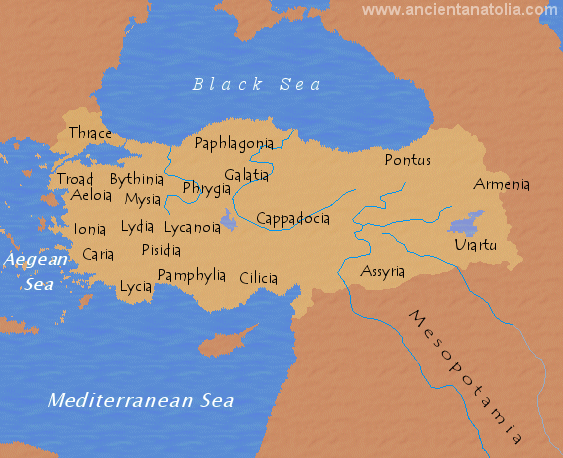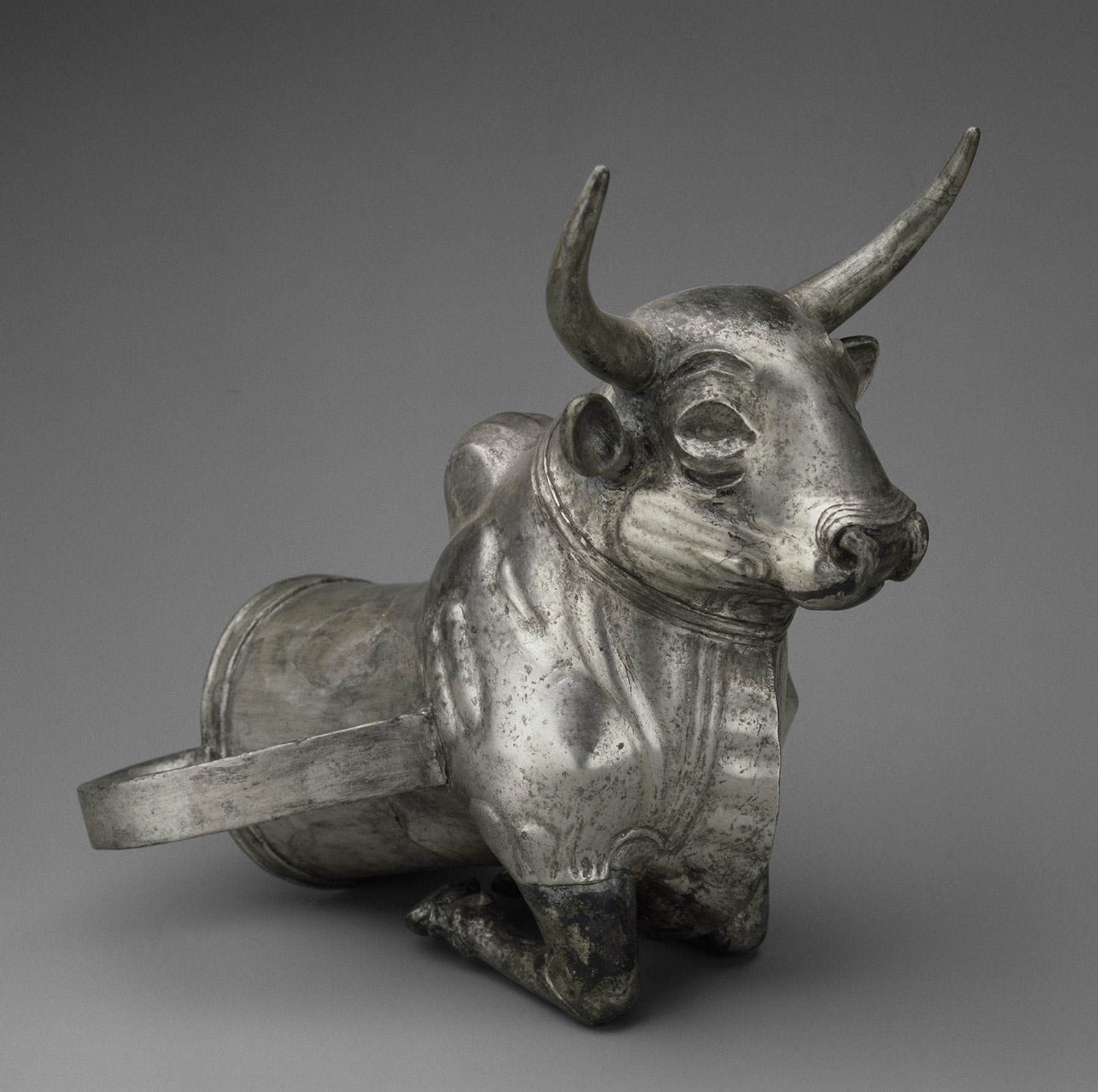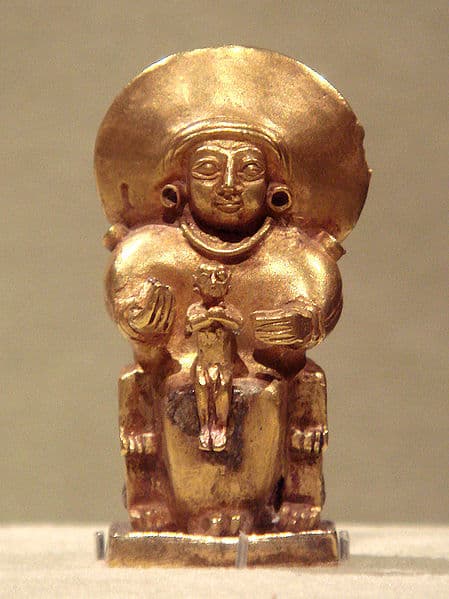Install the app
How to install the app on iOS
Follow along with the video below to see how to install our site as a web app on your home screen.

Note: This feature currently requires accessing the site using the built-in Safari browser.
You are using an out of date browser. It may not display this or other websites correctly.
You should upgrade or use an alternative browser.
You should upgrade or use an alternative browser.
Has Islam "destroyed" Anatolia?
- Thread starter Vinnie
- Start date
- Status
- Not open for further replies.
FBS
Regular Member
- Messages
- 408
- Reaction score
- 89
- Points
- 28
- Location
- Prishtinë, Kosovo
- Ethnic group
- Kosovar-Albanian
- Y-DNA haplogroup
- E1b1b1a2*
- mtDNA haplogroup
- J1c3
I guess we could say the same for every other Abrahamic religion.
I guess we could say the same for every other Abrahamic religion.
Maybe, but the Turks also forced their mongolian language upon the IE speakers.
John Doe
Regular Member
- Messages
- 598
- Reaction score
- 81
- Points
- 0
- Location
- Earth
- Ethnic group
- Ashkenazi Jewish
- Y-DNA haplogroup
- E-PF1975
- mtDNA haplogroup
- K1a9
Maybe, but the Turks also forced their mongolian language upon the IE speakers.
1. Turkish isn't Mongolian, it's Turkic, there's a difference.
2. I'm pretty sure modern Turks are descendants of the Anatolians rather than Turkic invaders genetically speaking, this is also the case for Hungarians, who seem to be descendants of native peoples of pre Magyar Hungary.
bicicleur 2
Regular Member
- Messages
- 6,367
- Reaction score
- 1,402
- Points
- 113
I suppose much remains to be discovered about ancient Anatolia, it has a very rich history.
I don't know much about the recent history : Byzantium was taken by Turkic people who were converted to Islam.
But after that, influence of Turkic culture seems to have been restricted?
What was the influence of Islam?
I don't know much about the recent history : Byzantium was taken by Turkic people who were converted to Islam.
But after that, influence of Turkic culture seems to have been restricted?
What was the influence of Islam?
ad 1: Turkish ist much closely related to Mongolian ad 2: I agree 100%1. Turkish isn't Mongolian, it's Turkic, there's a difference. 2. I'm pretty sure modern Turks are descendants of the Anatolians rather than Turkic invaders genetically speaking, this is also the case for Hungarians, who seem to be descendants of native peoples of pre Magyar Hungary.
the Turks destroyed Anatolia, not the Islam!An ancient land of many cultures, indigenous and Indo-European. Much of important history and culture got lost?
the Turks destroyed Anatolia, not the Islam!
I think it is a combination. The Islam probably destroyed many non-muslim religious sites, churches, monasteries etc.
John Doe
Regular Member
- Messages
- 598
- Reaction score
- 81
- Points
- 0
- Location
- Earth
- Ethnic group
- Ashkenazi Jewish
- Y-DNA haplogroup
- E-PF1975
- mtDNA haplogroup
- K1a9
ad 1: Turkish ist much closely related to Mongolian ad 2: I agree 100%
Turkish belongs to the Turkic family which belongs to the greater Altic languages that include languages such as Japanese, Korean etc. Mongolian belongs to the Mongolic tree, and the greater Altic family. In other words, Turkish is no more related to Mongolian than it is to Japanese, or English is to Greek.
Alan
Elite member
- Messages
- 2,517
- Reaction score
- 450
- Points
- 0
- Ethnic group
- Kurdish
- Y-DNA haplogroup
- R1a1a1
- mtDNA haplogroup
- HV2a1 +G13708A
ad 1: Turkish ist much closely related to Mongolian ad 2: I agree 100%
Turkish just like Mongolian belong to the Altaic language family. But the Iranic component is heavy in Turkic tongues. It is so heavy that a Turkic group couldn't exist without the Iranic contribution. I go that far and claim Turkic is 50% like Mongolic and 50% like Iranic.
2. I agree on the basis of this argument but notable contrary to Turks who do have a significant East Eurasian admixture. Hungarians are 99% West Eurasian. Averg Turk is 93% West Eurasian and 7% East Eurasian. But the "Turkic" contribution was most definitely higher than 7%. When the Turkic tribes came to Iran they must have been already 50% West Eurasian. And when they reached Anatolia they must have been already predominantly West Eurasian. So the Turkic component can be estimated at 15-30%
Ottoman Islam didn't change Anatolia much more than Byzantine Christianity. And as I said previously the Eastern portion of Turkey is not part of the traditional Anatolia.

John Doe
Regular Member
- Messages
- 598
- Reaction score
- 81
- Points
- 0
- Location
- Earth
- Ethnic group
- Ashkenazi Jewish
- Y-DNA haplogroup
- E-PF1975
- mtDNA haplogroup
- K1a9
Turkish just like Mongolian belong to the Altaic language family. But the Iranic component is heavy in Turkic tongues. It is so heavy that a Turkic group couldn't exist without the Iranic contribution. I go that far and claim Turkic is 50% like Mongolic and 50% like Iranic.
2. I agree on the basis of this argument but notable contrary to Turks who do have a significant East Eurasian admixture. Hungarians are 99% West Eurasian. Averg Turk is 93% West Eurasian and 7% East Eurasian. But the "Turkic" contribution was most definitely higher than 7%. When the Turkic tribes came to Iran they must have been already 50% West Eurasian. And when they reached Anatolia they must have been already predominantly West Eurasian. So the Turkic component can be estimated at 15-30%
That's what I said, Mongolic and Turkic families belong to the Altaic family tree. I didn't know the Iranic influence was so large. Yeah, obviously there's still some east Eurasian influence in modern Turks, much more than what modern Hungarians have, thanks for the extra info.
Alan
Elite member
- Messages
- 2,517
- Reaction score
- 450
- Points
- 0
- Ethnic group
- Kurdish
- Y-DNA haplogroup
- R1a1a1
- mtDNA haplogroup
- HV2a1 +G13708A
I didn't know the Iranic influence was so large. Yeah, obviously there's still some east Eurasian influence in modern Turks, much more than what modern Hungarians have, thanks for the extra info.
In Altais and Central Asia it is already so heavy that basic grammer in Turkic tongues show signs of Iranism. Anatolian Turkish shows that much of additional Iranic influence that it is impossible to form two straight sentence without using Iranic words. And I guarantee you that. Anyone who disagrees can try it and I will prove him.
John Doe
Regular Member
- Messages
- 598
- Reaction score
- 81
- Points
- 0
- Location
- Earth
- Ethnic group
- Ashkenazi Jewish
- Y-DNA haplogroup
- E-PF1975
- mtDNA haplogroup
- K1a9
In Altais and Central Asia it is already so heavy that basic grammer in Turkic tongues show signs of Iranism. Anatolian Turkish shows that much of additional Iranic influence that it is impossible to form two straight sentence without using Iranic words. And I guarantee you that.
Thanks for the info.
bicicleur 2
Regular Member
- Messages
- 6,367
- Reaction score
- 1,402
- Points
- 113
In Altais and Central Asia it is already so heavy that basic grammer in Turkic tongues show signs of Iranism. Anatolian Turkish shows that much of additional Iranic influence that it is impossible to form two straight sentence without using Iranic words. And I guarantee you that. Anyone who disagrees can try it and I will prove him.
Turkic are haplo N1a and N1b , Mongols are haplo C3 , of course both mixed later
After the Sintashta culture, Indo-Iranic R1a tribes conquered the steppe from the Dniestr till the Altai mountains, and split into Indic and Iranic
Some Iranic tribes stayed on the steppe, the Scyths and Sarmats.
They were driven out of the steppe by the Turks. Later the Turks arrived in Turkey as well, with some Iranic loanwords.
Alan
Elite member
- Messages
- 2,517
- Reaction score
- 450
- Points
- 0
- Ethnic group
- Kurdish
- Y-DNA haplogroup
- R1a1a1
- mtDNA haplogroup
- HV2a1 +G13708A
Turkic are haplo N1a and N1b , Mongols are haplo C3 , of course both mixed later
As far as I know N is more typical for Uralic speakers. While Turkic speakers are predominantly Q1a, C* and R*(the Iranic impact). Only exception are Yakuts.
As far as I know N is more typical for Uralic speakers. While Turkic speakers are predominantly Q1a, C* and R*(the Iranic impact). Only exception are Yakuts.
This. Most of the mongoloid dna among original Turkic speakers was on the female side of course.
Modern day Central Asians like the Kazakhs are Turkic/Mongolian hybrids. Turkmens are less Turkic and more Iranic.
- Status
- Not open for further replies.
This thread has been viewed 23788 times.



